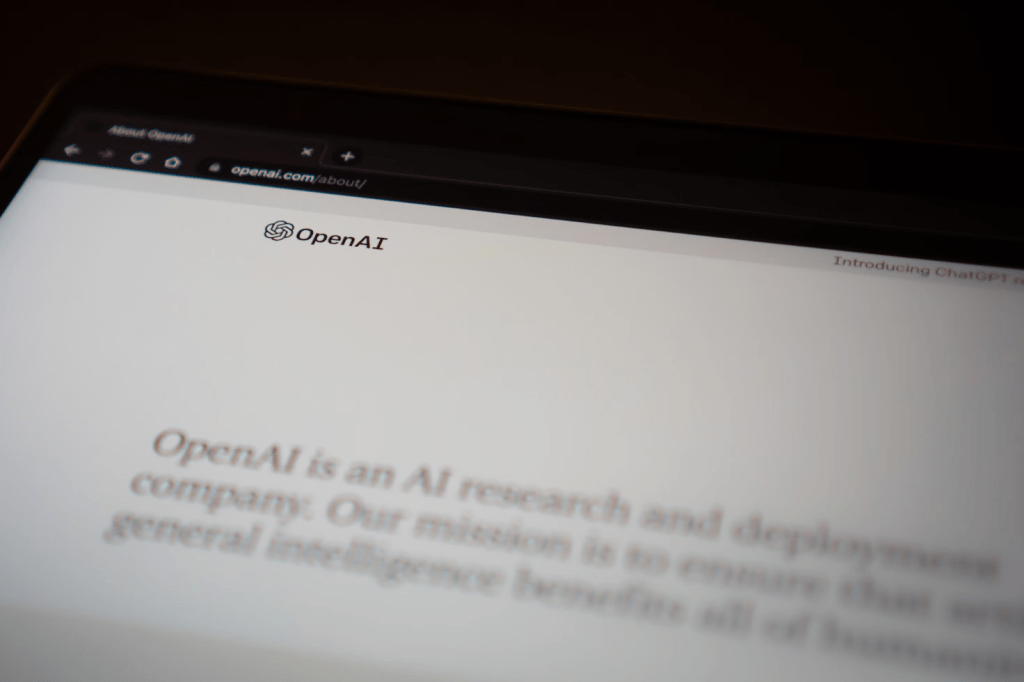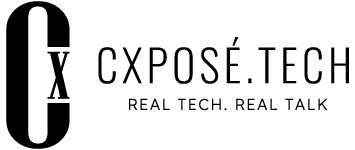By Sri Nurhayati, Techmind.id
In this digital and AI-driven era, a trend that’s increasingly attracting many companies’ attention is “Bring Your Own AI” (BYOAI).
This trend has proliferated as workers begin to bring their personal artificial intelligence tools and applications to the workplace, often without management’s approval or knowledge. This phenomenon is reminiscent of the previous trend, “Bring Your Own Device” (BYOD), where employees brought personal electronic devices for work purposes. However, BYOAI brings different challenges and opportunities.
Surge in AI Usage in the Workplace
The use of AI in the workplace has increased rapidly recently. A report revealed that 46% of employees using AI in the workplace only started in the last six months. Interestingly, this trend is more widely adopted by younger generations, with 85% of Gen Z workers, 78% of millennials, 76% of Gen X, and 73% of baby boomers bringing their own AI to work.
The IBM Global AI Adoption Index 2023 report highlights that 42% of IT professionals in large companies have actively implemented AI, while another 40% are exploring the potential of this technology. These companies have identified numerous benefits of AI, ranging from improving efficiency to providing deeper insights through data analysis.

Illustration of commonly used AI. Photo source: Unsplash by Jonathan Kemper
Challenges in Implementing BYOAI in Cybersecurity
However, the BYOAI trend is not without significant challenges, especially in terms of cybersecurity. Company data can be scattered across various AI applications used by employees, making it difficult for IT and security teams to track where data is stored. If a data breach occurs in one of the AI applications, the impact could be very detrimental to the company.
To address these challenges, IT departments must always be alert with preventive measures. They need to monitor various services and breach notifications to keep company data security intact.
Privacy and Data Protection Responsibilities
BYOAI also poses challenges related to privacy and data protection. Employees must ensure that the AI tools they use meet the established privacy and security standards. This means they must understand and comply with the terms and conditions and privacy policies of each tool they use.
Wisely Following the BYOAI Trend
For the BYOAI trend to be well-managed, companies need to establish clear policies. First, companies should provide guidance on the types of AI tools that can be used and procedures for obtaining approval from the IT team. Second, companies should provide training on the importance of cybersecurity and data privacy.
Additionally, companies can consider providing AI tools that have been approved and meet security standards. This way, employees don’t need to look for tools themselves, and companies can ensure that all data remains secure.
Although there are several challenges, BYOAI also brings a number of benefits. Employees can be more creative and innovative by using AI tools of their choice. This can increase productivity and provide new solutions to various business problems.
Furthermore, companies can gain more data and insights from the various AI tools used. This data can help companies better understand market trends and customer needs.
(This article first appeared on https://techmind.id/ here)








